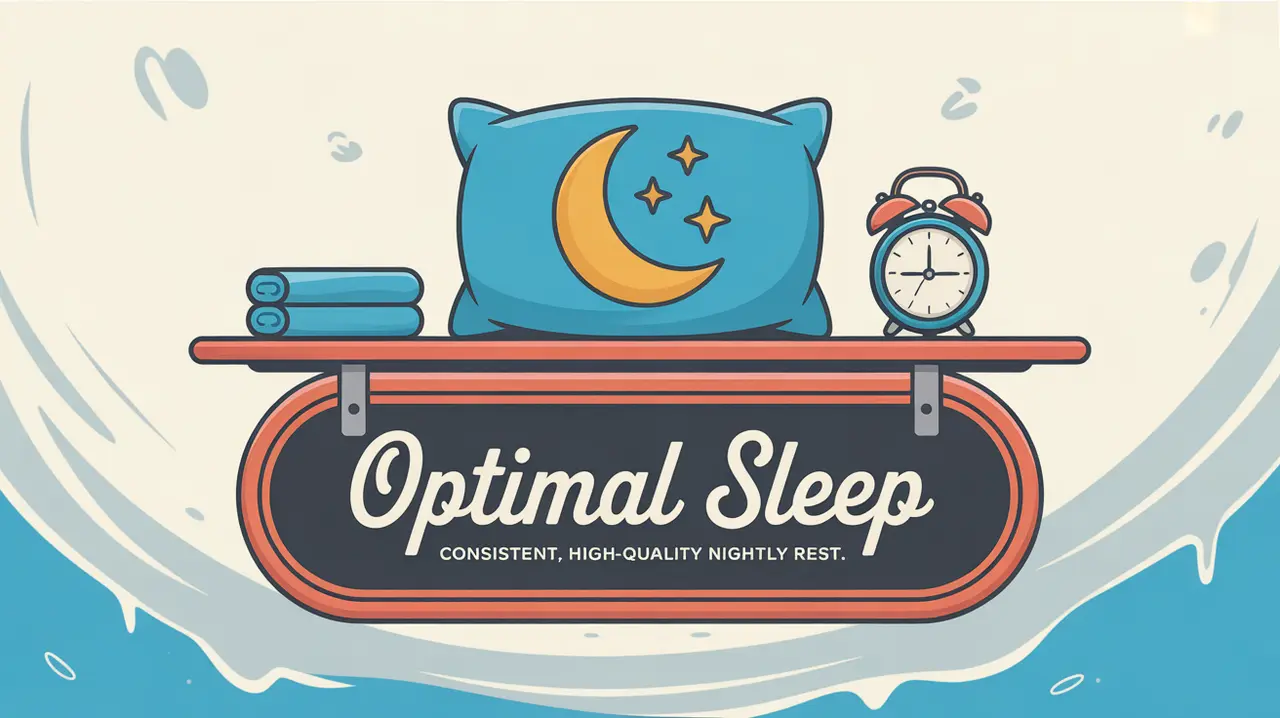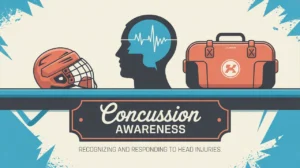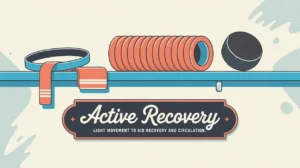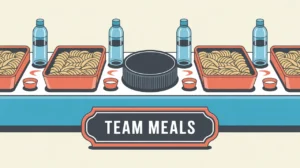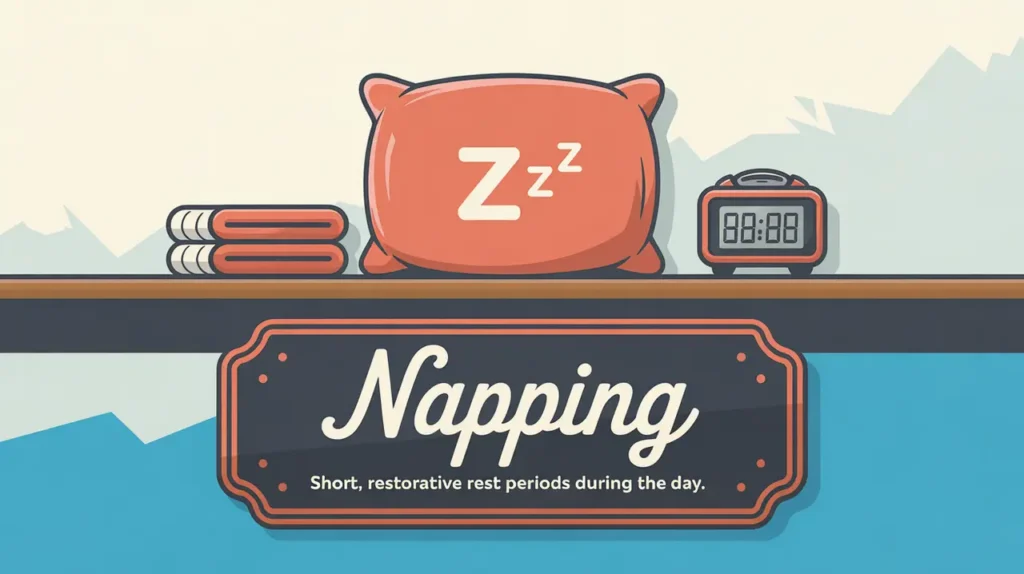Jim’s Intro to Optimal Sleep
Hi folks, Jim here, the only commentator who once tried to call a triple-overtime game after two hours of sleep. By the third period, I was confusing defensemen with referees.
What is optimal sleep?
Optimal sleep is the consistent, high-quality rest that allows a player’s body and mind to recover, repair, and perform at their peak. For developing athletes and competitive players alike, good sleep is as essential as practice and nutrition.
How does it work?
Sleep fuels performance and recovery in several ways:
- Physical Repair: Growth hormone releases during deep sleep, helping muscles recover and strengthen.
- Memory & Skill Consolidation: The brain processes what was learned in practice, locking in skills and tactics.
- Energy Restoration: Sleep replenishes glycogen and resets the nervous system for the next day.
- Mood & Focus: Well-rested players make better decisions and maintain steadier emotions under pressure.
- Immune Function: Consistent sleep supports resilience against illness and injury.
How do you make good decisions with it?
- Prioritize Sleep: Treat it like part of training, not an afterthought.
- Set a Consistent Schedule: Go to bed and wake up around the same time, even on weekends.
- Create a Wind-Down Routine: Reduce screens and bright lights before bed.
- Optimize the Environment: Keep the room cool, dark, and quiet.
- Plan Around Games & Travel: Anticipate late nights and adjust routines when needed.
How do you master it?
Mastering sleep takes discipline and intentional habits. Athletes who make sleep part of their performance strategy notice improvements in focus, recovery, and consistency on the ice. Over time, good sleep becomes a built-in advantage.
What does it look like when done right?
When sleep is dialed in, players show up sharper. Their reaction times improve, injuries decline, and their energy stays steady across practices, games, and tournaments.
Commentator’s Corner
Jim’s Take
Good sleep is like a clean sheet of ice. Everything that happens afterward just flows better.
Parent Tip
Establish routines early. Consistency matters more than perfection, especially for younger players with busy schedules.
Player Tip
Don’t treat sleep like a luxury. It’s your hidden training session every night.
A Final Thought
Optimal sleep is one of the simplest yet most powerful performance enhancers in hockey. Master it, and you’ll step on the ice each day fully charged, clear-headed, and ready to compete.

